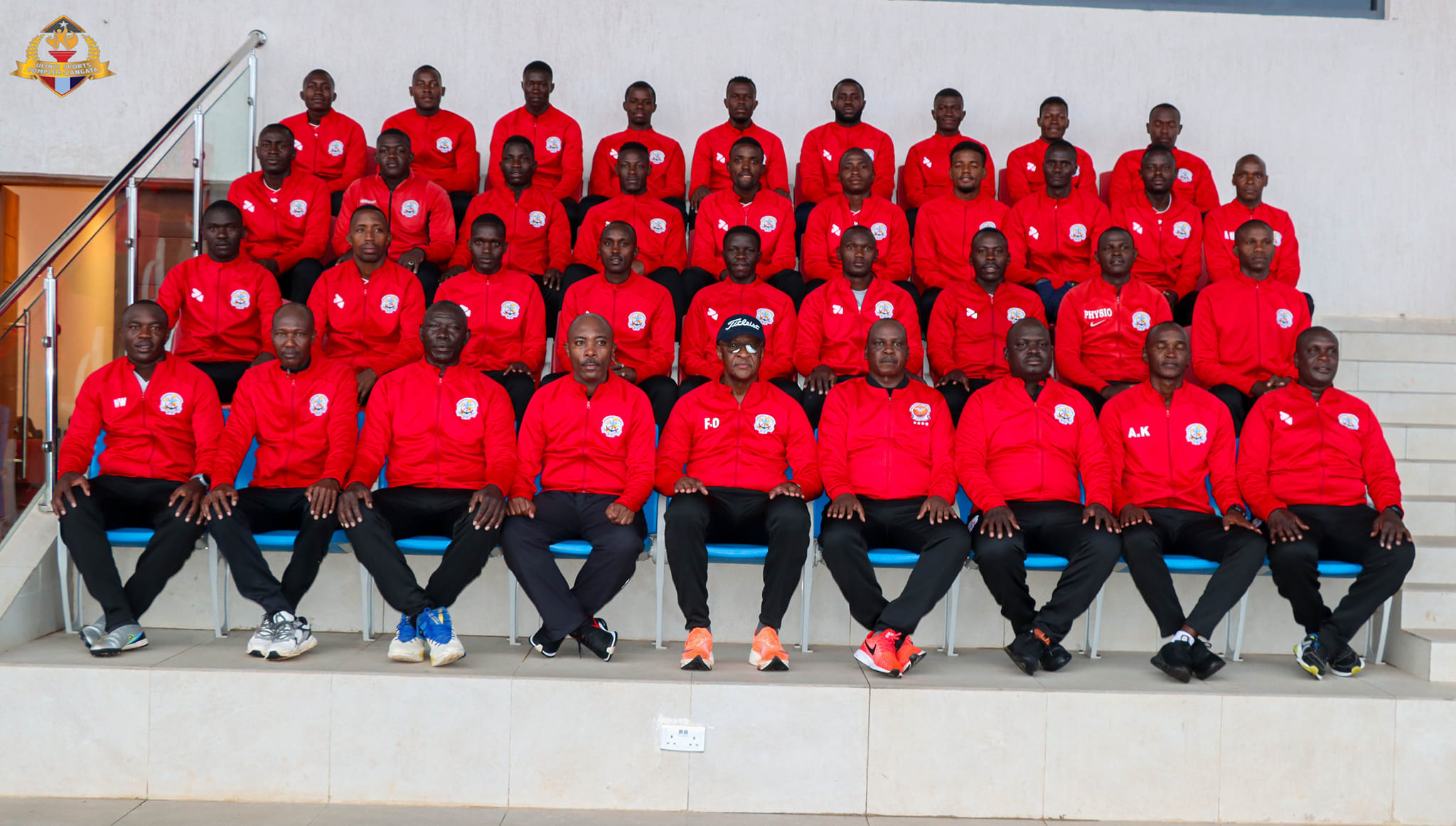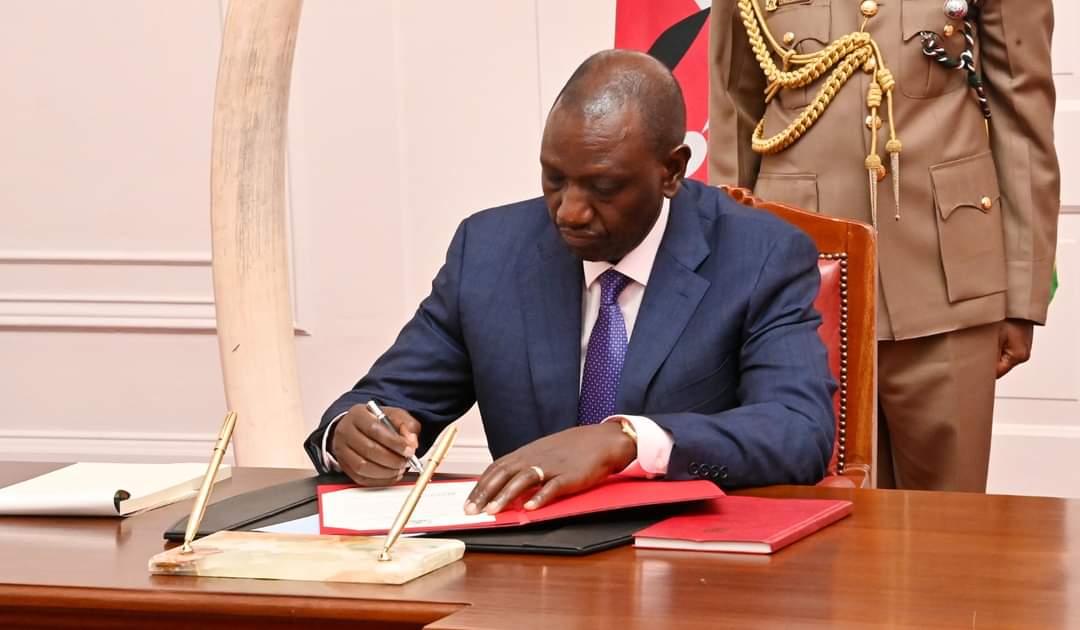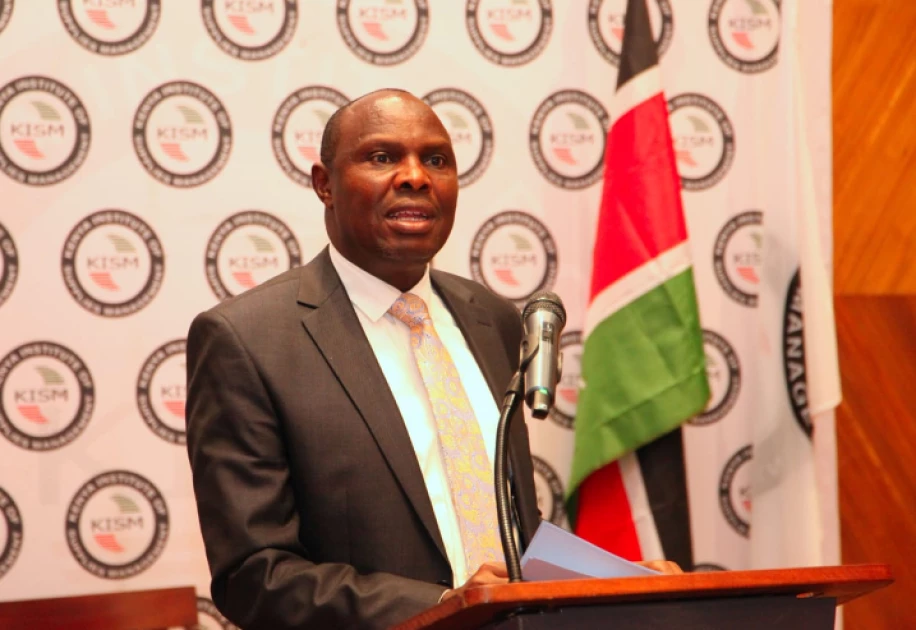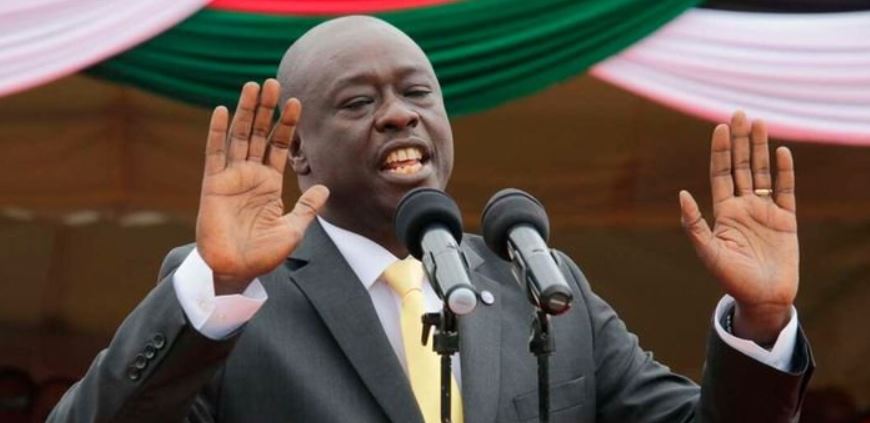

BY OUR CORRESPONDENT
The Kenya Private Sector Alliance (KEPSA) on Wednesday hosted the East Africa Community (EAC) Secretary General Roundtable at the Nairobi Serena Hotel.
This engagement between KEPSA and the EAC Secretariat is a pivotal mechanism for driving regional economic integration, improving the business climate, and ensuring that the private sector’s voice is heard in the policymaking process.
It underscores the importance of collaboration between the public and private sectors in achieving a more integrated and prosperous East African region; ultimately, enhancing the ease of doing business and fostering Kenya’s competitiveness in the region and globally.
The Community has recorded several achievements in implementing the different stages of integration including the use of an electronic EAC Passport as a common travel document, removal of visa requirements for the EAC citizens from one Partner State to another, issuance of gratis student passes among others, implementation of the Single Customs Territory, and the adoption of a fourband structure.
The region is projected to grow by 5.1% this year and 5.7% in 2025, outpacing the global and Sub-Saharan African averages.
Speaking at the Roundtable, the EAC Secretary General, Veronica Nduva, CBS, noted that to forge forward, the regional private sector needs to find a common ground where safeguarding national interests aligns with promoting regional benefits.
“To reduce protectionism by EAC Partner States, the private sector needs to embrace product diversification, specialisation and value addition in manufacturing and take advantage of the “The EAC Customs Union has successfully eliminated tariffs on intra-regional trade since 2005, resulting in a remarkable over 60% increase in intra-EAC trade.
The introduction of the Non-Tariff Barriers (NTB) reporting platform has been transformative for trade facilitation within the EAC.
With over 1,000 standards harmonized, intra-EAC trade has been significantly streamlined, ensuring consistent quality and safety of products and services,” she noted, further reiterating EAC’s commitment to pushing for fast tracking of laws and policies across various Partner States to comply with the Common Market Protocol commitments.
Intra-EAC and inter-regional trade increasingly reflects more manufactured products such as textiles, chemicals, edible oil, cement, iron and steel, cosmetics, plastics and pharmaceuticals; and KEPSA has over 300 million EAC market,” she noted.
Nduva provided an overview of the intra – EAC Trade value noting that it had increased by 14% to USD 12.2 Billion in 2023 compared to 9.2% at USD 10.7 Billion in 2022 with a percentage share of 13% of total EAC trade with the Rest of the World. “The EAC total trade grew by 2.3 percent to US$80.6 billion in 2023 from US$78.7 billion in 2022,” she added.
The Secretary General called on the private sector to invest in sectors that have the potential to drive economic growth such as manufacturing, agriculture and services and to promote regional integration, trade and investment to maximize the potential benefit of economic growth.
Nduva noted that the EAC Secretariat has made great strides, but more still needs to be done. made instrumental contributions towards the significant strides made by EAC in enhancing economic growth, trade, and investment among its member states.
Particularly, the apex body of the private sector in Kenya has supported regional integration initiative, including championing the elimination of non-tariff barriers (NTBs).
Furthermore, KEPSA has also actively advocated the revision of stringent rules through robust policy dialogue and stakeholder engagement.
This advocacy is essential for creating a more conducive business environment for the private sector in Kenya and the region, enhancing their competitiveness and facilitating better market access.
KEPSA Chair, Dr. Jas Bedi, acknowledged that as the largest economy in the EAC, Kenya has greatly benefited from regional integration.
The service sector, particularly travel and other services, has been a key driver of growth, accounting for over two-thirds of total trade in services.
However, he said, the EAC still faces challenges in industrialization. The region remains underindustrialized due to factors like low electricity access, high costs, poor infrastructure, and protectionist policies.





















































































































































































































































































































































































































































































































































































































